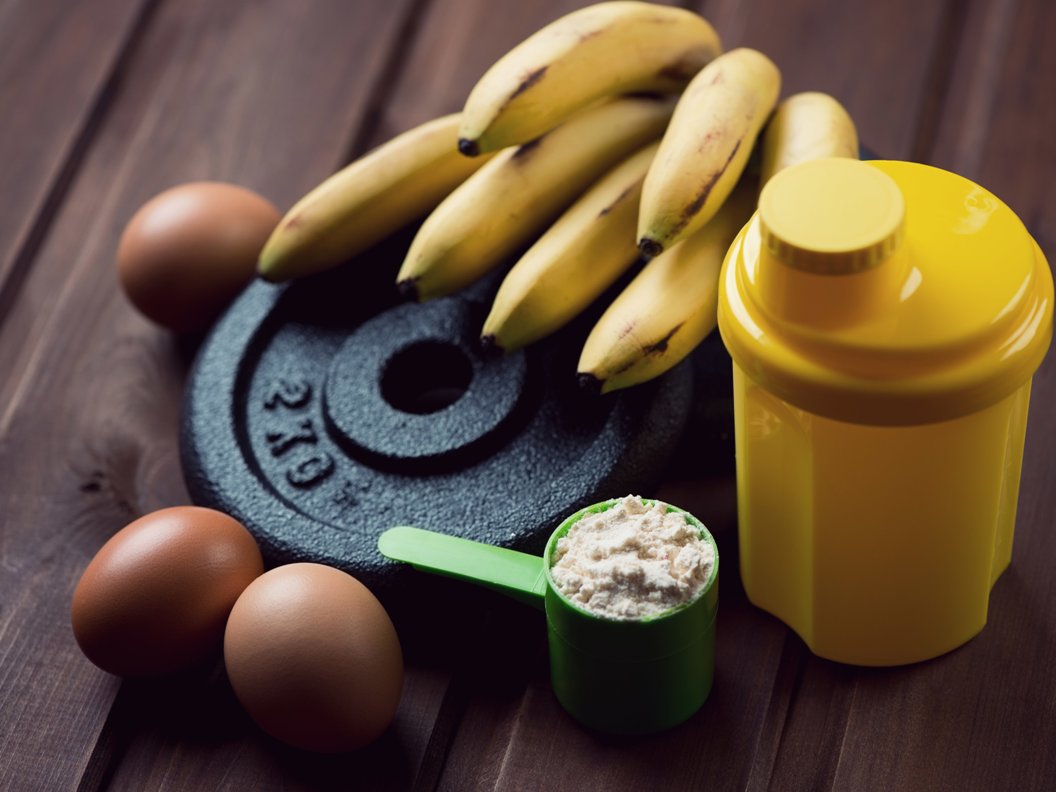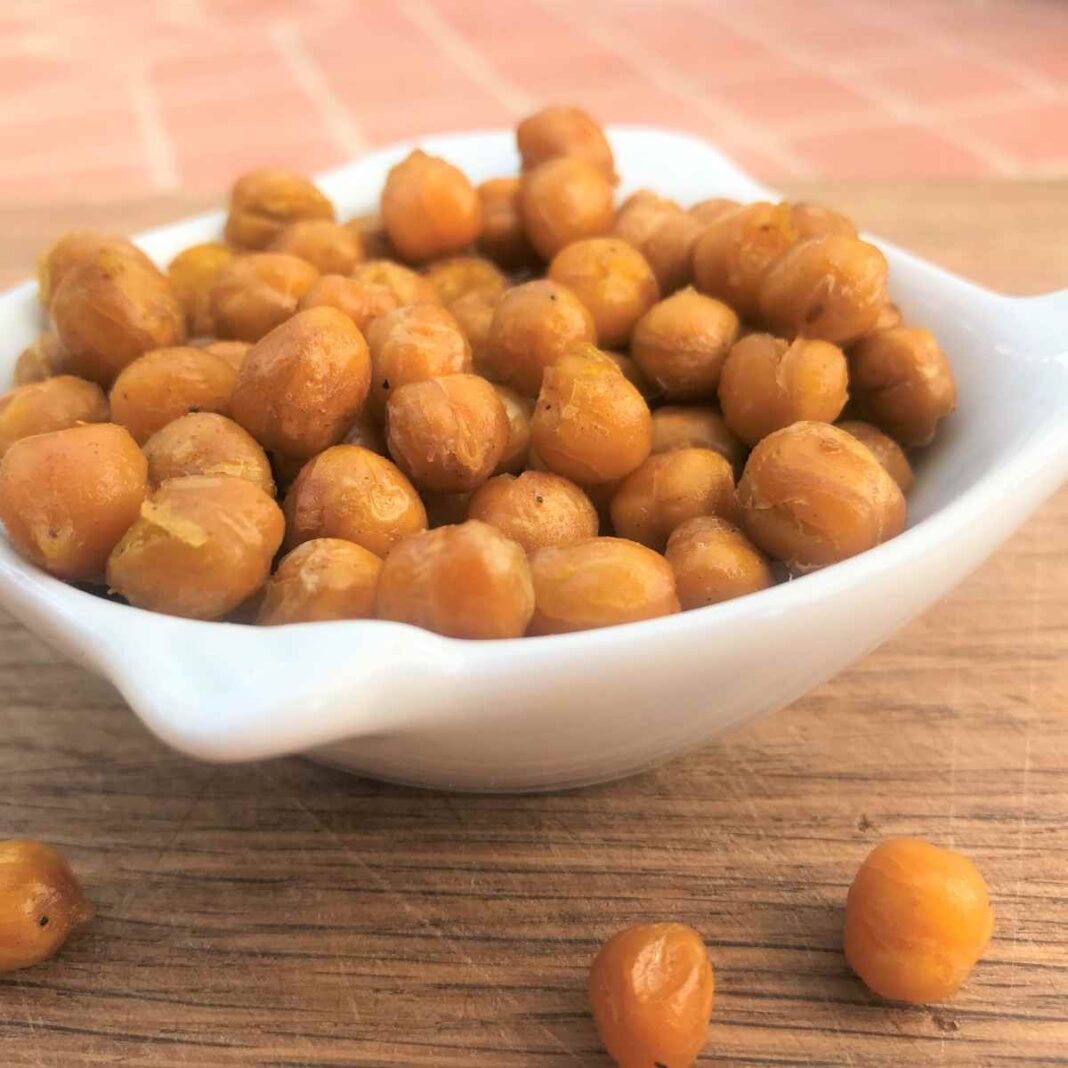Essential Nutrients For Muscle Building
Many people find it difficult to gain muscle, but some foods can simplify the process. What vitamin, therefore, is crucial for the development of muscle? The solution could surprise you!
We will discuss the significance of specific nutrients and how they help build muscles. Next, we’ll examine which nutrient is crucial for building muscle and strength and strategies for ensuring adequate intake. Continue reading to learn more about how to eat to build muscle!
What Are The Three Macronutrients?
The three macronutrients are proteins, carbs, and fats. Proteins are necessary for muscle growth since they are the fundamental components of muscular tissue.
The body uses carbohydrates as its main energy source, which are required for a healthy metabolism. The health of cell membranes and the generation of hormones depend on fats.
And also, micronutrients, including vitamins and minerals, are also essential for optimum health.

What Is The Role Of Each Macronutrient In Muscle Building?
Macronutrients are necessary for developing muscle. They are necessary for the normal growth and development of our muscles. Each macronutrient has a distinct and important function in the development of muscle.
The most crucial macronutrient for muscular growth is protein. It is in charge of the development and restoration of muscle tissue. Amino acids are components of protein and the building blocks of muscle. Anyone trying to gain muscle mass has to consume a lot of protein.
Carbohydrates are important for gaining muscle. They give the body the energy it needs for demanding workouts. Additionally, carbohydrates aid in replenishing the glycogen stores that are lost during activity.
Muscles need glycogen as an energy source; therefore, maintaining enough quantities is crucial if you want to maximize your results.
When it comes to fitness and bodybuilding, fat is frequently demonized, yet it’s actually a crucial macronutrient for the development of muscles. The body uses fat for energy and to keep hormone levels balanced.
Hormones, particularly testosterone, largely regulate the production of new muscle tissue. So if you’re trying to gain muscle mass, don’t be scared to include healthy fats in your diet!
In conclusion, all three macronutrients—protein, carbs, and fat—are crucial for growing muscle. To see improvements and reach your fitness objectives, you must make sure you eat enough of each macronutrient.
What Are The Best Sources Of Each Macronutrient?
As you know already, carbohydrates, fats, and proteins are the three macronutrients the body needs to function effectively. Each one is crucial to the process of muscular development.
The body’s primary fuel source is carbohydrates. They are essential for healthy muscle repair and function. Whole grains, fruits, vegetables, and legumes are the greatest foods to eat for carbs.
Muscle tissue is constructed and repaired by proteins. Lean meats, poultry, fish, eggs, dairy products, and nuts are the finest protein sources.
For optimal hormone production and cell function, fats are necessary. Olive oil, almonds, peanuts, avocados, and salmon are the finest fat sources.
All three macronutrients should be present in a balanced diet. The body will get all the vital nutrients required if you eat various foods from each macronutrient group.
How Much Of Each Macronutrient Do You Need To Consume To See Results?
Carbohydrates, proteins, and fats have a unique function in the body and are necessary for gaining muscle.
The body uses carbohydrates as its primary energy source, and healthy muscle function depends on them.
The muscles won’t have the energy they need to expand if there aren’t enough carbohydrates in their diet. For those attempting to gain muscle, 3-5 grams of carbs per pound of body weight are advised.
Proteins are necessary for muscle growth since they are the fundamental components of muscular tissue. Protein consumption for those attempting to gain muscle should be between 1-2 grams per pound of body weight.
Fats are important for healthy hormone activity and also aid in lubricating the muscles. For those attempting to gain muscle, 0.5-1 grams of fat per pound of body weight is advised.
It’s critical to remember that each person’s macronutrient requirements will change depending on their age, level of exercise, goals, and other aspects. A dietician can offer customized advice on satisfying your unique macronutrient requirements.

Could Protein Be The Most Important Nutrient?
A crucial macronutrient for developing muscle, protein is a necessity. Amino acids, the building blocks of muscle tissue, are created when you consume protein. Your body won’t be able to add new muscle mass if you don’t consume enough protein.
Protein is crucial for rebuilding muscle tissue that has been destroyed. Your muscles need to be mended after a challenging workout if you want to get stronger. Protein is necessary for this procedure once more.
So, if you want to gain muscle, make sure you eat many meals and supplements high in protein.
Is Too Much Protein Bad?
Like most people, you undoubtedly believe eating more protein will help you gain muscle. But is this actually the case?
It turns out that consuming too much protein can be harmful. Consuming excessive amounts of protein can harm your health and fitness objectives.
What you should know about protein and how much is too much is provided here.
A necessary food, protein is important for creating muscle. But eating an excessive amount of protein can be counterproductive for your goals.
Increased cholesterol levels, weight gain, and other health issues can result from eating too much protein. Regarding protein intake, it’s crucial to maintain a balance and ensure you’re receiving enough of the nutrient without going overboard.
Without question, protein is an essential component for growing muscle. It is important for the healthy operation of hormones and enzymes in the body as well as for the development, maintenance, and repair of our muscles.
You can achieve your muscle-building objectives by eating a balanced diet with sufficient amounts of protein-rich foods, including lean meats, nuts, seeds, legumes, seafood, and dairy.
You can guarantee you obtain enough protein for optimum health and performance by utilizing natural sources or high-quality supplements.



